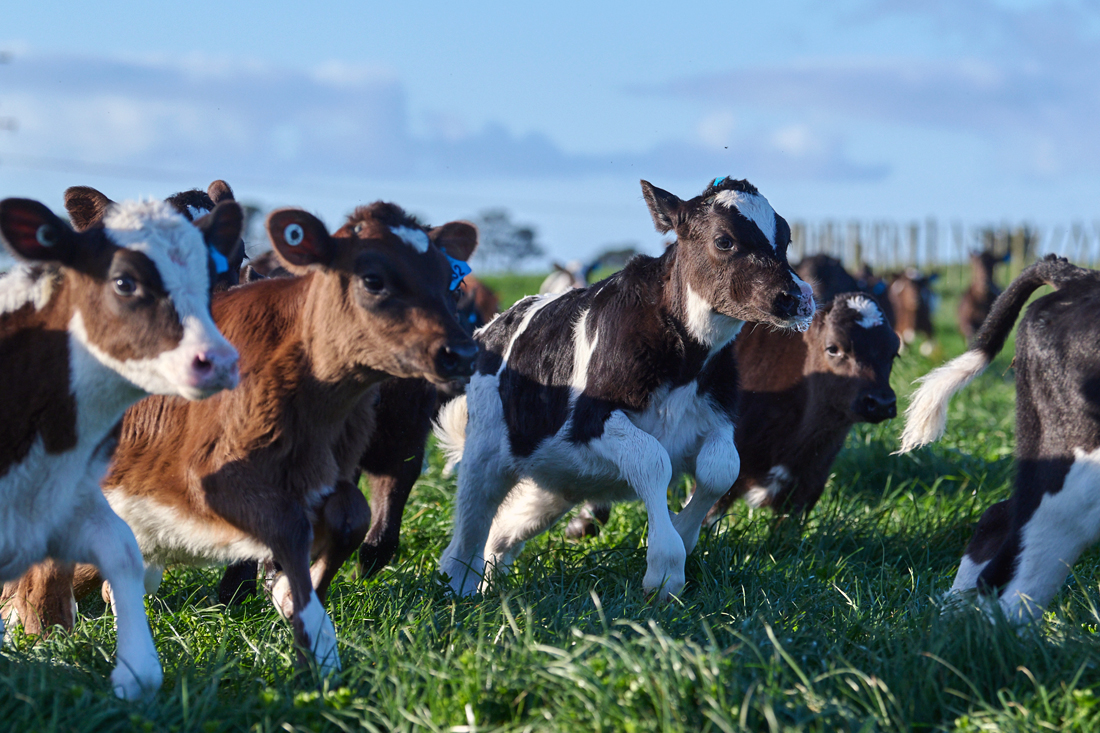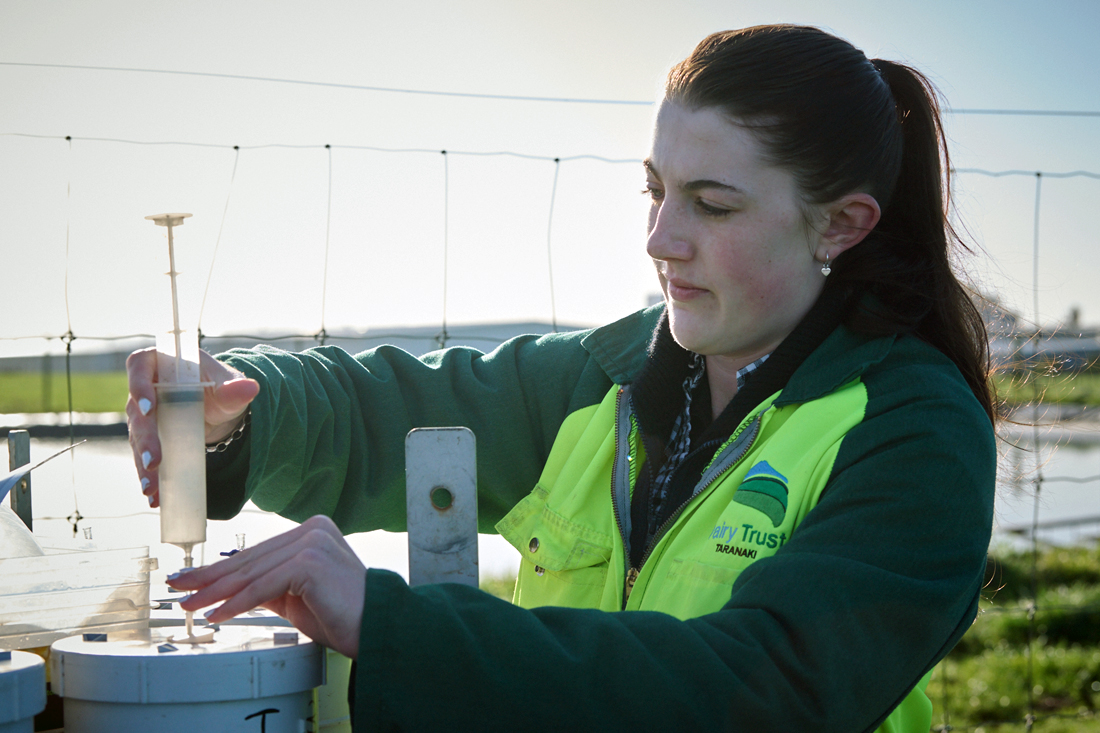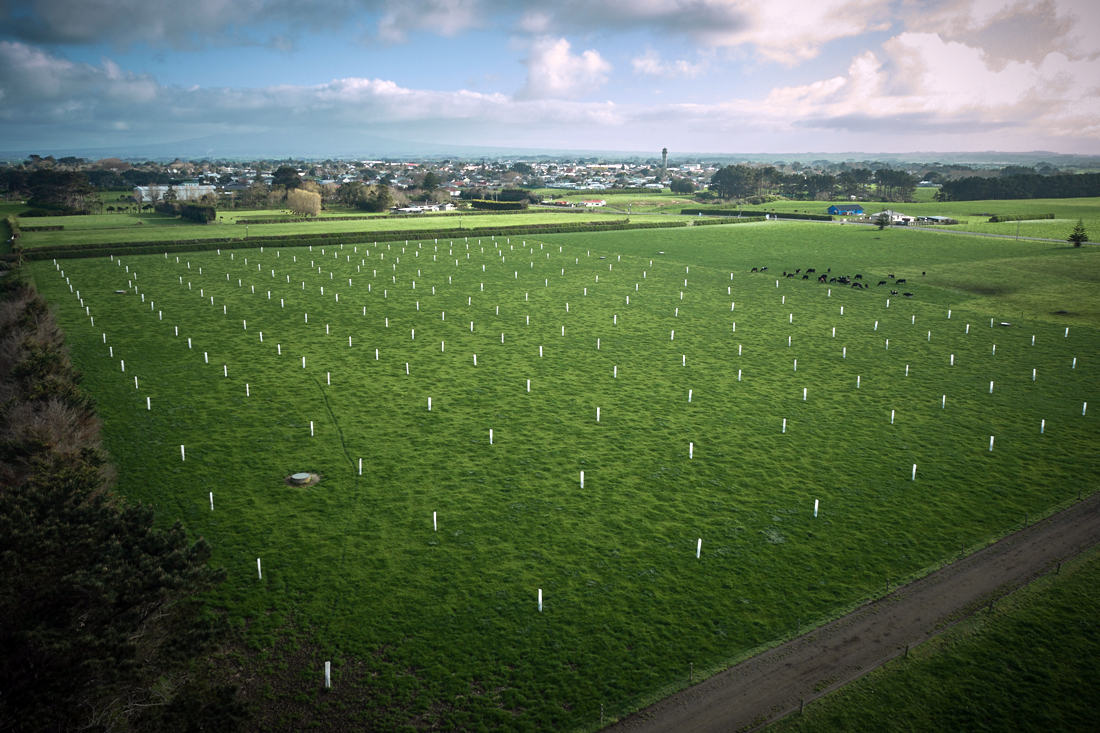The Co-op farm has achieved a 27% reduction in absolute emissions over the last two seasons.
The Co-op and Nestlé are pleased to share promising results from their Net Zero Pilot Dairy Farm in Taranaki, two years on from announcing their partnership to help reduce on-farm emissions. The pilot, run with Dairy Trust Taranaki, aims to create New Zealand’s first commercially viable net zero dairy farm within ten years.
Since 2022, the Co-op-owned 290ha farm has achieved an approximate 27% reduction in absolute emissions and a 5.5% reduction in emissions intensity. Fonterra Director of Sustainability Charlotte Rutherford says the reduction is promising, though results may vary seasonally.
“We’re pleased with our progress so far but still have a lot more work to do to make further improvements. We are trialling different tools and approaches to see what works and what doesn’t, and while some trials have shown promising early results, others have provided valuable insights and lessons.”
The reduction in absolute emissions over the last two seasons was coupled with a decrease in milk production.
Over this time the herd decreased from 600 to 550 cows and were switched to ten milkings across seven days rather than two milkings a day. This improved staff morale and reduced farm operating expenses but resulted in an 11-12% decrease in milk solids production per cow. The farm has returned to twice a day milking this season.
The focus over the next three seasons is to reduce emissions intensity, targeting a 30% reduction by the 2026/27 season. This will be achieved through a focus on breeding and reproduction, calf-rearing, nitrogen use efficiency and the use of novel technology.
Over the last two seasons, the farm has used crossbred sexed semen on the top 60% of cows based on their genetic merit, which has led to significant genetic gains, although challenges in conception rates remain.


